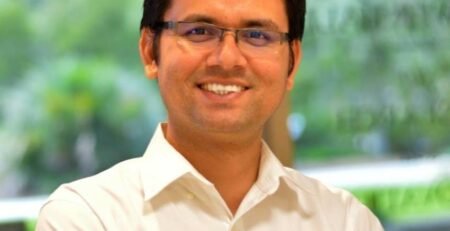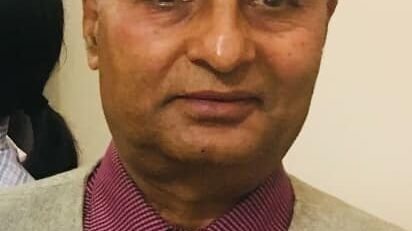Interaction On ‘Secularism: Implementation and Challenges’
SOCH Nepal and Youth Advocacy Nepal (YAN) jointly organized an interaction program entitled “Secularism: Implementation and Challenges” on 28th September 2015 at Hardik Hotel, Baghbazar. The program was facilitated by Sanjay Khadka, General Secretary of YAN and executive member of SOCH Nepal. The program was chaired by NarendraKhatiwada, president of YAN. There were 50participants comprising of diverse youth, human rights activists, youth political leaders and journalists. UttamNiraula, executive director of SOCH Nepal, was invited as the resource person. Highlighting the importance of secularism, Mr. Niraula asserted that secularism is the basis of democracy. He also highlighted the meaning and practice of secularism from the worldwide scenario. Stating that secularism is one of the universal principles of democracy, he argued that there is no alternative to secularism. He also argued that the values of secularism resemblance with the eastern philosophy like chabark philosophy. ‘Thus, to claim secularism as only western philosophy is justexaggeration’, said Niraula. Mr. Niraula also stated that there should be no intermingle between politics and religion; otherwise, it will lead to complexities. The presentation was followed by the open discussion, where participants and guest speakers actively expressed their opinions or views.
Speaking at the program, Dr. Prakash Bhattarai, Chairperson of Centre for Social Change, asserted that religious freedom, religious co-existence and interreligious interaction are three essential elements in order to maintain peace and harmony in society. ‘Religion should not be used as political instrument. Otherwise, it leads to ultraism’-said Mr. Bhattarai. Lila Sharma, YCL representative, stated that it is worthless to have debate on terminology regarding the word dharmanirapekchya. So the discourse should be focused on the implementation part of secularism. ‘There is a gap between what political leaders (especially communist leaders) say and what they do. This contradiction, religious practices of materialist leaders, should be strictly checked’ said Ms. Sharma. Focusing on tolerance, JagadishSahu, representative of Madheshi Janadhikar forum loktantrik, stated that we should develop the culture of accepting each other’s faith.
JangaBahadurTamang, the representative of prajatantricyuwasanhgathan, emphasized on the co-existence in the society. Mahendra Thapa, president of NDYN, stated that the need of the time is to discuss on the implementation of secularism and its optimum utilization for strengthening democracy. Stating that the program is very relevant and laudable, Anita Pariyar, Member of Parliament, asserted that the provision under the present constitution is contradictable because on the one hand, it declares Nepal as a secular state and onother hand; it claims to protect the traditional religion which is against the norms and values of secularism. ‘There are a lot of challenges ahead regarding the implementation of secularism. Thus, it’s time to unite all political parties and civil society in order to implement secularism successfully’ said Mrs. Pariyar. PrakashJwala, Member of Parliament, stated that the declaration of a secular state in the constitution is a historical achievement but the vital point is the implementation of secularism. The program was very interactive and it was delightful to see active and enthusiastic participation of participants. The program lasted for two and half hours. The program was concluded by Narendra Khatiwada, chairperson of the program, by proposing the vote of thanks.






Leave a Reply